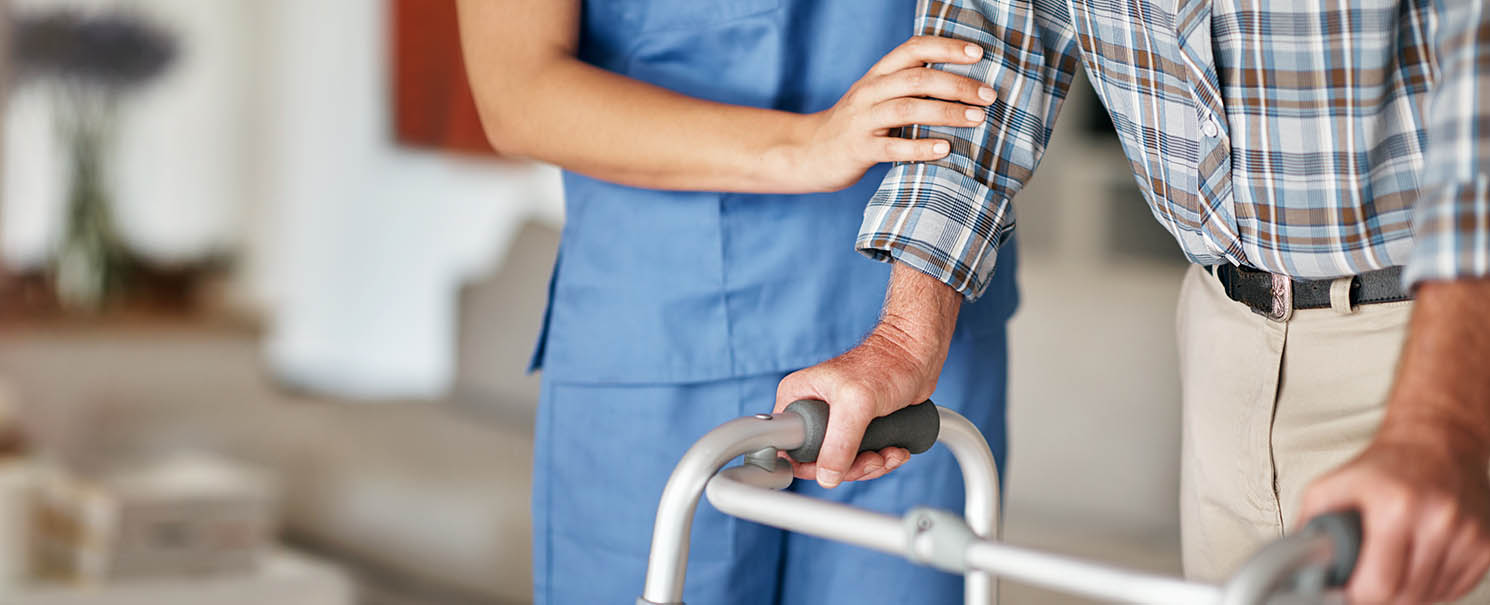
Preventing Falls at Home: Tips for Senior Safety
Falls are one of the most common and serious risks facing older adults. According to the CDC, more than 1 in 4 seniors falls each year, and falls are the leading cause of injury-related hospitalizations among people age 65 and older.
But the good news? Most falls can be prevented—especially with a few smart adjustments to the home and daily routines.
At AdvisaCare, we help seniors stay safe, confident, and independent through personalized in-home care and fall prevention strategies tailored to their needs. Here are key tips to help reduce fall risks at home.
Why Preventing Falls at Home Matters
A single fall can result in:
-
Broken bones or hip fractures
-
Loss of mobility
-
Hospital stays or long-term rehab
-
Fear of falling again, which can lead to isolation
Proactive fall prevention can protect a senior’s health, independence, and confidence—and reduce stress for family caregivers.
Top Fall Prevention Tips for Seniors at Home
1. Eliminate Clutter and Trip Hazards
-
Keep walkways clear
-
Remove throw rugs or secure them with non-slip pads
-
Tidy cords and pet toys
2. Install Grab Bars and Railings
-
Place grab bars in bathrooms (next to toilets and in showers)
-
Ensure stairways have sturdy handrails
-
Consider railings near beds or chairs for extra support
3. Improve Lighting Throughout the Home
-
Use nightlights in bedrooms, bathrooms, and hallways
-
Replace dim or burnt-out bulbs
-
Add motion-activated lights in commonly used spaces
4. Wear Proper Footwear
-
Choose non-slip shoes with good grip
-
Avoid walking barefoot or in socks on hard floors
5. Keep Frequently Used Items Within Easy Reach
-
Store essentials between waist and shoulder level
-
Avoid using step stools or ladders without supervision
How Home Health Can Help Preventing Falls at Home
When seniors begin to show signs of balance problems, unsteadiness, or fall anxiety, home health care can make a big difference. Services may include:
-
In-home physical therapy to improve strength and stability
-
Occupational therapy to assess home hazards and daily routines
-
Skilled nursing assessments to monitor medications and chronic conditions
-
Home safety evaluations and personalized fall prevention plans
Learn more about home safety for seniors through the CDC’s fall prevention guide.
When to Consider Fall Prevention Support
Signs that your loved one may need extra help:
-
Recent history of falling
-
Holding onto furniture while walking
-
Avoiding certain parts of the home
-
Expressing fear of falling
-
Bruises or injuries they hesitate to explain
If you’re noticing these signs, home health care can be a proactive solution to help your loved one feel secure and supported.
Supporting Safe, Independent Living at Home
At AdvisaCare, we work with families to keep aging loved ones safe, confident, and comfortable in their homes. Our fall prevention strategies are tailored to the individual—because no two seniors are the same.
📞 Contact us today to learn how our home health team can help prevent falls and support safe, independent living.

